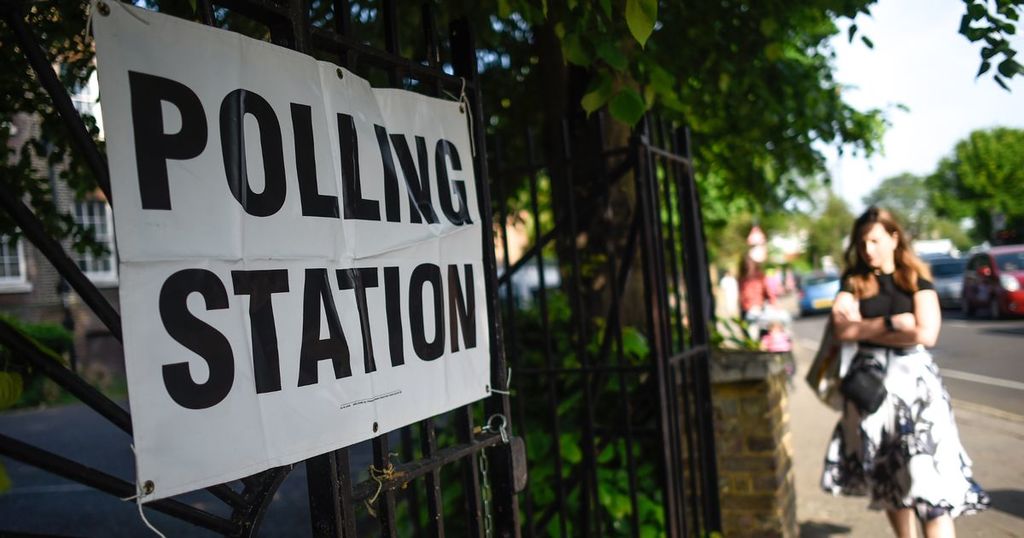One of the EU’s key achievements is freedom of movement. Nearly 17 million EU citizens live in another EU member state and far more travel regularly within the EU for work, to study or simply to visit family and friends.
This top achievement also hides one of the greatest paradoxes of the EU. The EU prides itself as the home of democracy, solidarity and human rights. Yet when EU citizens cross borders within the EU many lose their civil and political rights.
An European Citizenship Initiative (ECI) campaign launched by the ECIT Foundation in Brussels on 1 September aims to remedy this. It calls for EU citizens to be fully enfranchised when they move to another member state, including the right to vote in regional and national elections and in referendums.
With the Commission preparing its tri-annual report on EU Citizenship and simultaneously seeking the views of Europeans on its Democracy Action Plan, the ECI initiative – named Voters Without Borders - is well-timed.
Tony Venables, Director of ECIT, explains: “We have one year to collect over 1 million signatures. We need a good start as the agenda is being set now, at the start of the Conference on the Future of Europe.”
Suzana Carp, a director of the civil rights group New Europeans, a partner in the ECI campaign, says: “An attractive feature of our campaign is that young people are running it, building on the mobilisation we achieved before the 2019 European elections.”
The ECI has support from across the political spectrum, with MEPs Damian Boeselager (Greens/Free Alliance Group), Victor Negrescu (Progressives), Karen Melchior (Renew) and Alain Lamassoure (EPP) all signing up for the launch.
One barrier the campaigners will need to overcome is the low level of participation by mobile EU citizens in relation to existing democratic rights. That is partly down to a lack of awareness – something the campaign seeks to address. Member states can also make it burdensome for mobile EU citizens, by putting additional barriers to democratic participation in place.
The most famous example of this was the way 1.7 million voters (EU citizens in the UK and Britons abroad) were denied a vote in the European Parliamentary elections of 2019 as a result of the failure by the UK government to make timely provisions to ensure participation.
As well as demanding full political rights for mobile EU citizens, the campaigners are calling for seven further reforms, including:
- Sharing of data on turnout and registration
- Awareness raising obligations on member states
- Duty to inform mobile EU citizens individually in their own language
- Automatic voter registration in member state of residence
- Help desks and advice centres
- Sharing of best practice e.g. about e-voting and postal voting
- Outreach to minority and at risk groups
In a background paper, the campaigners point to countless anomalies and inconsistencies which undermine the notion of European citizenship as a clear and equal benefit to nationals of all EU member states.
A particular irony relates to referendums held, such as the one that led to the UK leaving the EU. The team note that of 121 referendums held in EU member states, 63 (more than half) have been to do with European matters. By definition these are likely to impact most on mobile EU citizens - but they are the ones who are excluded from the referendum itself!
Meanwhile many are scandalised by the so-called Golden Visa programmes practiced by Austria, Belgium, Bulgaria, Cyprus, France, Greece, Hungary, Ireland, Latvia, Lithuania, Malta, Portugal, which sell passports entitling foreigners to EU citizenship for investments ranging from €250,000 to €10 million.
The issue of voting rights in national elections for mobile EU citizens is a long-standing one. Some member states such as Italy and France encourage their diaspora to vote in national elections from abroad and even elect MPs to represent constituencies of their citizens living outside the national territory.
In recent years, participation in such elections has declined. Older generations have tended to want their civil and political rights linked to the member state of origin. But younger, more mobile citizens often feel a stronger sense of belonging to the city where they live and work and to the European project as a whole.
The launch of the Voters Without Borders ECI campaign will take place at the Brussels Press Club at 10am on Tuesday, 1 September as MEPs return to Brussels after the combined absence caused by lockdown and the summer break. The event is supported by over 50 organisations and initiatives including Europe Future Fringe.
It will be interesting to see whether MEPs are open to the idea of expanding the franchise to give mobile EU citizens full political rights - a particularly poignant request given that many may not have been able to travel during the pandemic. Perhaps the strongest argument of all is the age-old one that there should be no taxation without representation.
Roger Casale


